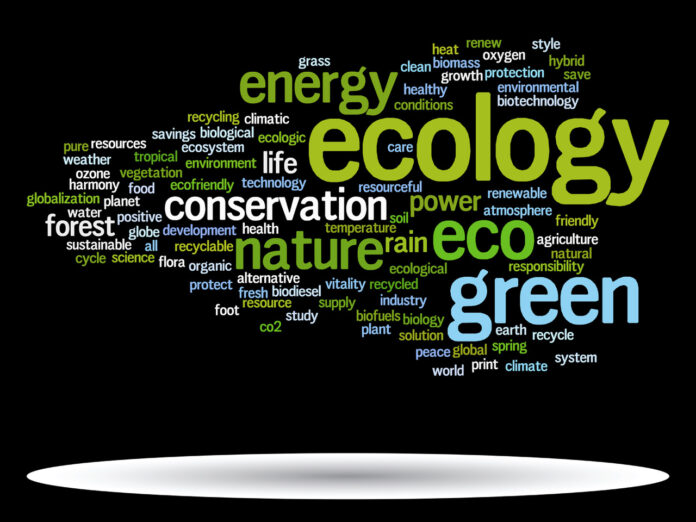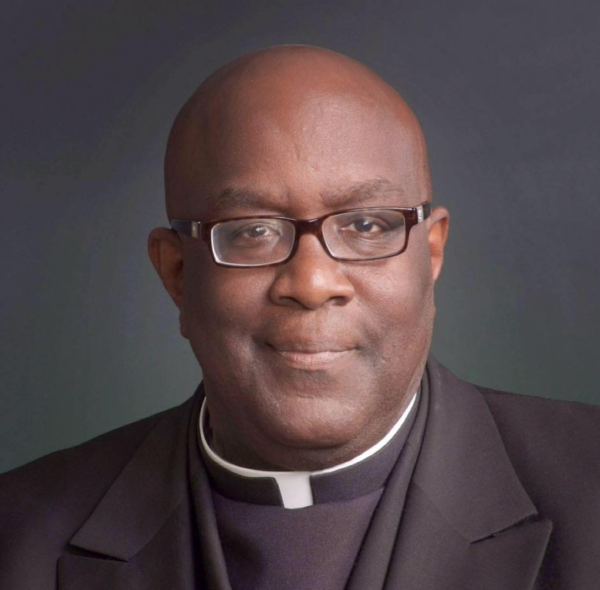
Quinci LeGardye | California Black Media
The Healthy Air Alliance, a California-based organization committed to reducing environmental pollution, and the Rev. Dr. William D. Smart Jr., president and CEO of the Southern Christian Leadership Conference of Southern California, co-hosted a panel discussion on environmental justice July 23.
Jamarah Hayner, president of the Healthy Air Alliance, moderated the Zoom event, bringing faith, social services, civil rights and policy leaders together to discuss solutions to health and environmental inequities in California.
Smart opened the discussion by highlighting the connection between the COVID-19 pandemic and environmental concerns already impacting Black communities.
“This discussion is important because, right now, we look at the risks of COVID-19 and see how the lungs of Black and Brown people are already infected with pollution,” Smart began.

“Now there’s a contamination that is furthering it.”
African Americans and other minorities living in the 10 most-polluted zip codes in California are up to six times more likely to be exposed to harmful agents in the air than Whites, according to the American Public Health Association. Results from another study released by the Union of Concerned Scientists revealed that Blacks and Latinos are exposed to about 40 percent more particulate matter from cars, trucks and buses than white Californians.
“We have to do something right now to create a better environment for Black and Brown people in Los Angeles so that they can breathe better,” Smart continued. “And so, this is a start. It’s about how we can work together and come up with the resources and the programs that can better fix our communities.”
Kip Lipper, Chief Policy Advisor for Energy and Environment for the California Senate Pro Tempore Toni Atkins (D-San Diego) spoke on how communities of color tend to be left out of large-scale environmental policies in terms of their day-to-day impact.
“If a person in South LA is paying more on their electric utility bill, or a higher cost for their transportation, because they are in a disadvantaged community, that has an impact on them. That is impact every bit as real on their pocketbooks as it is in their daily lives. This is a complicated area of law and policy that we work in,” he said.
The panel also looked at state legislation that focuses on environmental justice solutions.
Fabian Wesson, Assistant Deputy Executive Officer and Public Advisor for South Coast Air Quality Management District, spoke about her experience managing her organization’s AB 617 program. AB 617, a bill that passed in 2017, aims to improve air quality in certain communities by offering financial incentives to replace high pollution equipment such as lawnmowers and cars that use gasoline with zero-polluting machines like electric models and hybrids.
“How do we keep the fight for environmental justice from stopping when the economic downturns come, when the attention stops focusing on Black Lives Matter, because it will,” she said. “It’s up to us to make certain that it does not stop. Because it’s the people that count, and if we work with the people, then we can make this happen.”

